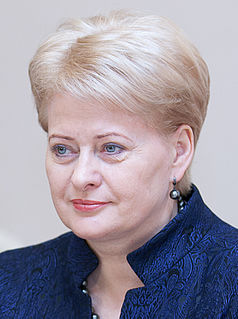A Quote by John Baldoni
Leaders who lead purposeful organizations are those who put people first. No, it's not a cliché when they actually do it. It means they set clear expectations, provide adequate resources, coach for success, and evaluate for results.
Related Quotes
Purposeful organizations develop the next generation, not simply the next leader. My friend Marshall Goldsmith, bestselling author and leading executive coach, does not like the term succession planning. Better to say, "succession development." That means you are focusing on multiple managers and grooming them to lead.
In the face of ambiguity, uncertainty, and conflicting demands, often under great time pressure, leaders must make decisions and take effective actions to assure the survival and success of their organizations. This is how leaders add value to their organizations. They lead them to success by exercising good judgment, by making smart calls when especially difficult and complicated decisions simply must be made, and then ensuring that they are well executed.































